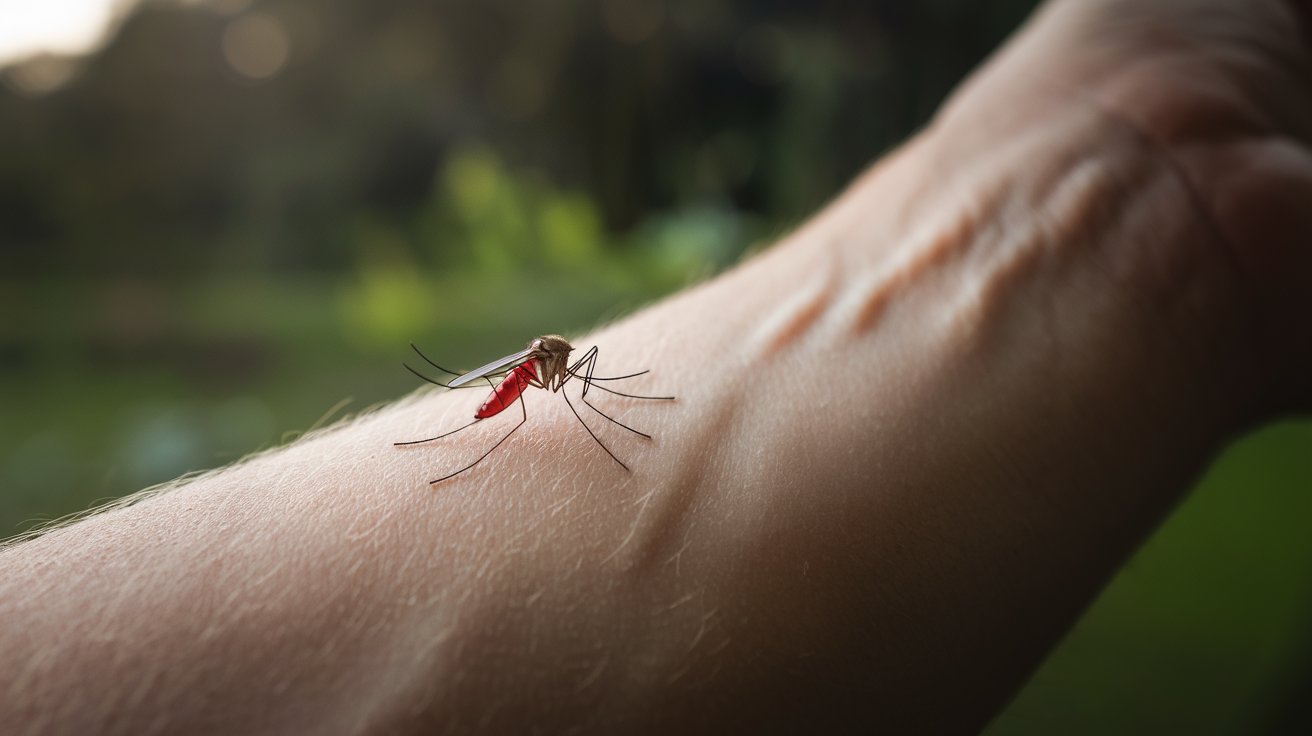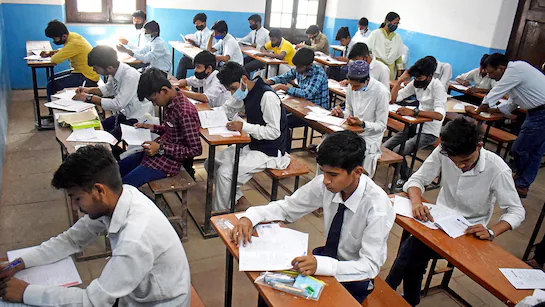The World Health Organization (WHO) has launched the Global Strategic Preparedness, Readiness, and Response Plan (SPRP) to combat the increasing global threat of dengue and other Aedes-borne arboviral diseases. These include Zika and chikungunya, which have significantly impacted public health worldwide. The primary goal of this plan is to reduce the disease burden, prevent deaths, and alleviate suffering through a globally coordinated approach.
Addressing a Growing Global Threat
Currently, an estimated four billion individuals are at risk of becoming infected with arboviruses, with that amount anticipated to scale to five billion by 2050. In August 2024, 12.3 million cases of dengue fever were reported, almost twice as many as in 2023. This is due to a dramatic increase in cases, especially in the prior few years. This alarming trend emphasizes how urgently a strong and broad approach is needed.
WHO’s Global Strategic Preparedness, Readiness, and Response Plan (SPRP)

To address this global health crisis, WHO has launched the Global Strategic Preparedness, Readiness, and Response Plan (SPRP). This plan provides a comprehensive roadmap for countries to tackle dengue and other Aedes-borne arboviruses. The goal is to enhance disease surveillance, promote vector control, ensure effective clinical management, and encourage research and development of vaccines and treatments. It’s a whole-of-society approach that connects several sectors in a coordinated effort, from local communities to healthcare.
Key Components of the SPRP
The SPRP comprises five essential components:
1. Emergency Coordination:
WHO emphasizes the need for strong leadership and coordinated activities at both global and national levels. Countries must collaborate to ensure a seamless response during outbreaks.
2. Collaborative Surveillance:
Surveillance is critical to controlling disease transmission. WHO encourages countries to develop and use tools for early detection of outbreaks, enhance laboratory diagnostics, and conduct epidemiological analyses.
3. Community Protection:
Engaging communities in vector control efforts is vital. The plan promotes active dialogue with local populations to adopt prevention measures, including mosquito control strategies.
4. Safe and Scalable Care:
WHO aims to strengthen healthcare services, ensuring that affected individuals receive timely and adequate care to reduce mortality rates. Resilient health services are key to managing the outbreak effectively.
5. Access to Countermeasures:
Research and innovation are critical for developing improved vaccines and treatments. WHO calls for global investment in these areas to provide better protection against dengue and other arboviruses.
Urgent Need for Global Action
Climate change, unplanned urbanization, inadequate sanitation, and international travel all contribute to the illnesses’ fast spread. Dr. Tedros Adhanom Ghebreyesus, the director-general of WHO, emphasized how crucial it is to solve these issues. He urged all sectors to accept responsibilities, from preserving clean environments to delivering timely medical care.
WHO’s plan outlines a clear roadmap to reduce the spread of Aedes-borne diseases, safeguard vulnerable populations, and build a healthier future. The organization will need $55 million to implement the plan through 2025, and it aligns with the Global Vector Control Response 2017-2030 and the Global Arbovirus Initiative, launched in 2022.



 By
By







 By
By








